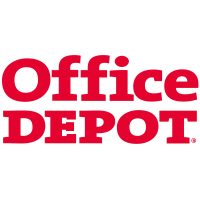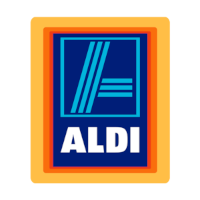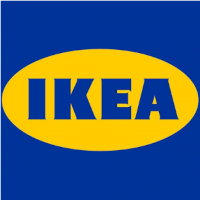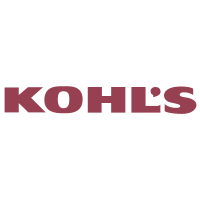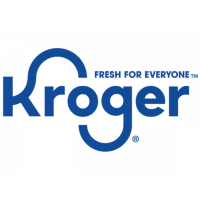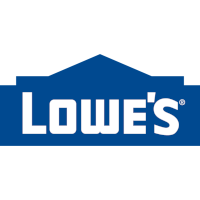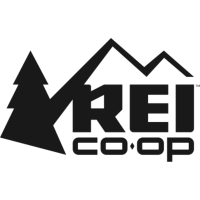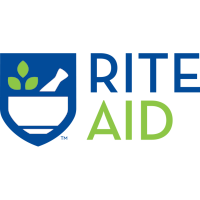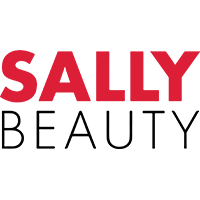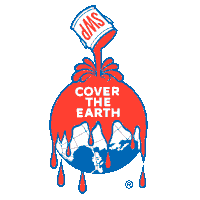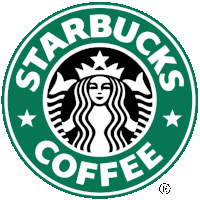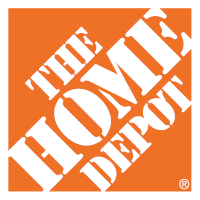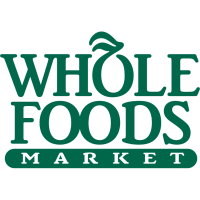Subsidiaries of Office Depot
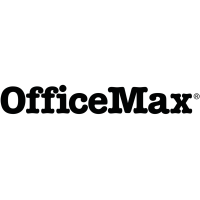
Key Findings and Recommendations
- Corporate Commitment: Office Depot has a publicly available safer chemicals policy. The company should participate in the Chemical Footprint Project survey to improve its chemicals management and publicly support governmental policies to reduce chemicals and plastics of high concern.
- Transparency: Office Depot requires suppliers of private-label formulated products to disclose to it chemicals in products through a third party, and has a database for collecting information on packaging, including plastics of high concern. The retailer tests all private-label products for compliance with its restricted substance list (RSL), expressly expects suppliers to comply with the RSL, and is exploring ways to provide training for suppliers. Office Depot also allows online customers to search for products with third-party certifications such as EPA Safer Choice but does not appear to require or encourage suppliers to disclose ingredients in products or packaging to consumers.
- Ban the Bad: Office Depot has an RSL that restricts PFAS in disposable foodware, organohalogen and organophosphate flame retardants in furniture and textiles, and 22 additional chemicals in other product categories. The company eliminated BPA from the majority of its thermal paper in 2021 but has not confirmed that it has met the 100 percent mark, or that it has addressed the entire class of bisphenols. Office Depot should set public, time-bound goals for reducing chemicals of high concern and plastics of high concern.
- Safer Solutions: There is no indication that Office Depot has supported the development or sale of safer products. Office Depot should work to ensure substitutes for chemicals and plastics of high concern are safer for the health of consumers, communities, workers, and the environment.
2024 Detailed Analysis of Office Depot
Corporate Chemicals Policy
Adopted a safer chemicals policy
Oversight
Established management oversight
Chemical Footprint Project (CFP)
Participated in the CFP
Collaboration
Actively participates in collaborative process to promote safer chemicals
Public Policy Support
Supported governmental policies to reduce chemicals or plastics of high concern
Supply Chain Disclosure
Brands report use of chemicals or plastics in products or packaging to retailer
Supplier Accountability
Ensures supply chain accountability for chemicals or plastics restrictions
Consumer Disclosure
Brands disclose use of chemicals or plastics to consumers
Chemical Footprint Calculation
Publicly disclosed its chemical footprint
Restricted Substances List (RSL)/Manufacturing Restricted Substances List (MRSL)
Reduction/Elimination Goals
Chemicals and Plastics Reduction
Reduced or eliminated toxic chemicals or plastics of high concern
Safer alternative definition
Adopted a definition of safer alternative consistent with Washington state
Investment in Safer Solutions
Invested financial resources to advance and drive development of safer solutions
Implementation of Safer Solutions
Replaced chemicals or plastics of concern with safer solutions
Quantified Safer Products
Measured and disclosed progress towards safer products
How does Office Depot compare to its competitors?
Previous Grade History
NOTE: Our evaluation criteria changed in 2024. The scores from previous review years through 2021 are based on a different set of criteria measured.
Click or tap on a grade year to review additional details (where available).



